A Summary of Hot AI-generated Content (AIGC) Start-ups
Mar 1, 2023 posted by Franklin Ren
Disclaimer: This article is assisted by ChatGPT and BARD
Artificial Intelligence Generated Content (AIGC) is perhaps the hottest topic for emerging tech start-ups in 2023. Starting from the release of image generation models (DALL-E 2, Stable Diffusion, Midjourney) in earlier 2022, followed by a series of large language models (ChatGPT, BARD, LLaMA) at the end of 2022, AIGC has gathered a significant amount of public interest and demonstrated clear revenue models for start-up companies in this field. This passage summarizes some of the most promising AIGC companies that emerged in the past few years. Most of them are still very young, though some are already seeking IPO. It could be a good reference for people who are willing to join - and also a reference for potential founders to check who their possible competitors are.
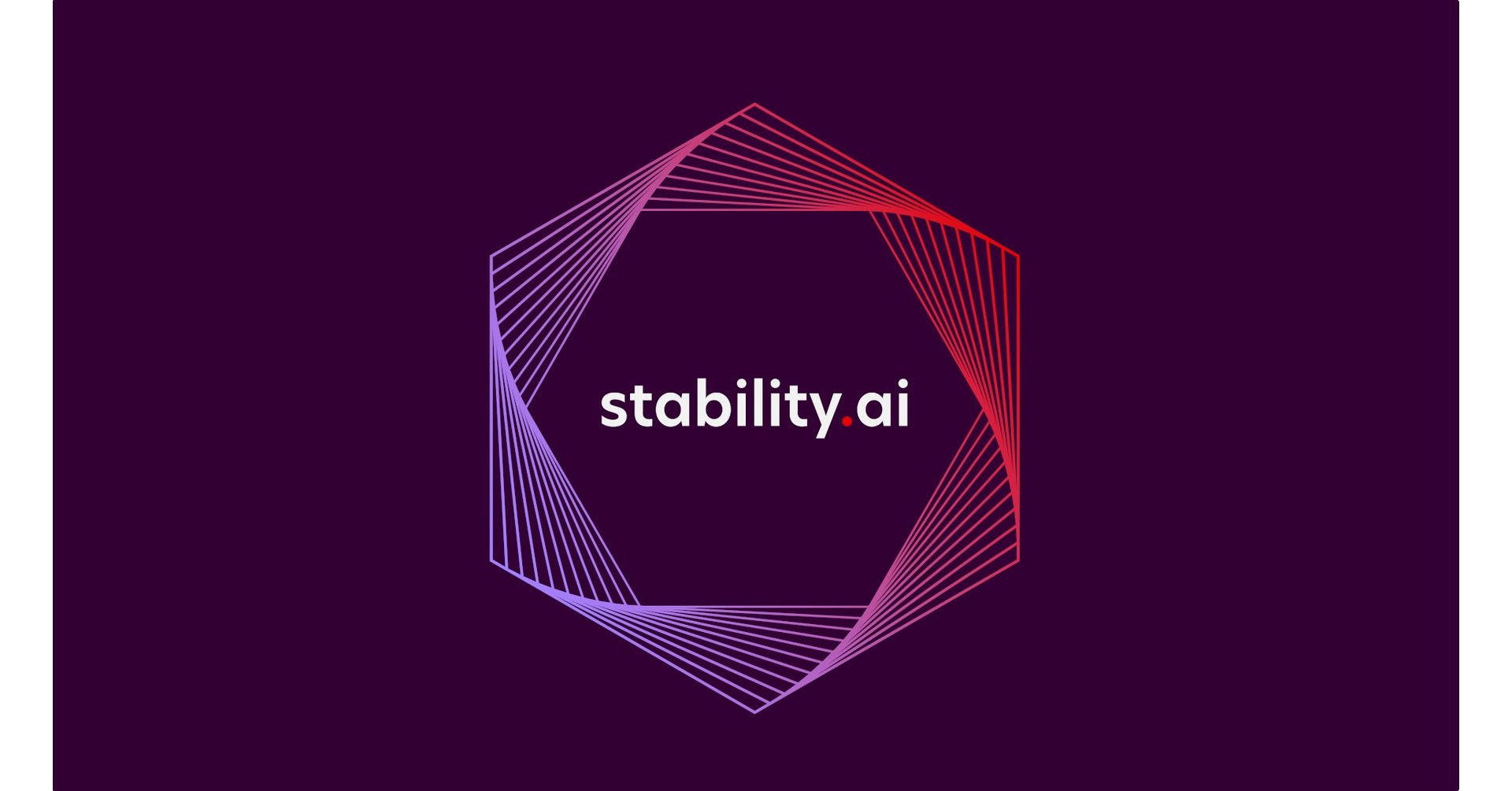
Stability AI: An AI-driven visual art startup founded in 2019 by Emad Mostaque, Stability AI is best known for releasing so far the most popular open-source image generation model, Stable Diffusion. Although still a small size (less than 100 people), it already raised a fund of 89 million European dollars. It is also discussing a new round of funding of 1 billion investments which potentially lead to an IPO.
Stable Diffusion is a deep learning model for text-to-image generation. Its primary function is to create high-resolution detailed images based on textual input, but it can also be employed for various tasks like inpainting, outpainting, and producing image-to-image translations driven by textual prompts. It currently has 10 million average users per day. Stable Diffusion is open-sourced at HuggingFace.
Currently, Stability AI charges users 0.2 dollars for each image they produce, though free trials are available. It also has a subscription-based API ranging from 9 to 149 dollars per month to train stable diffusion on custom datasets.
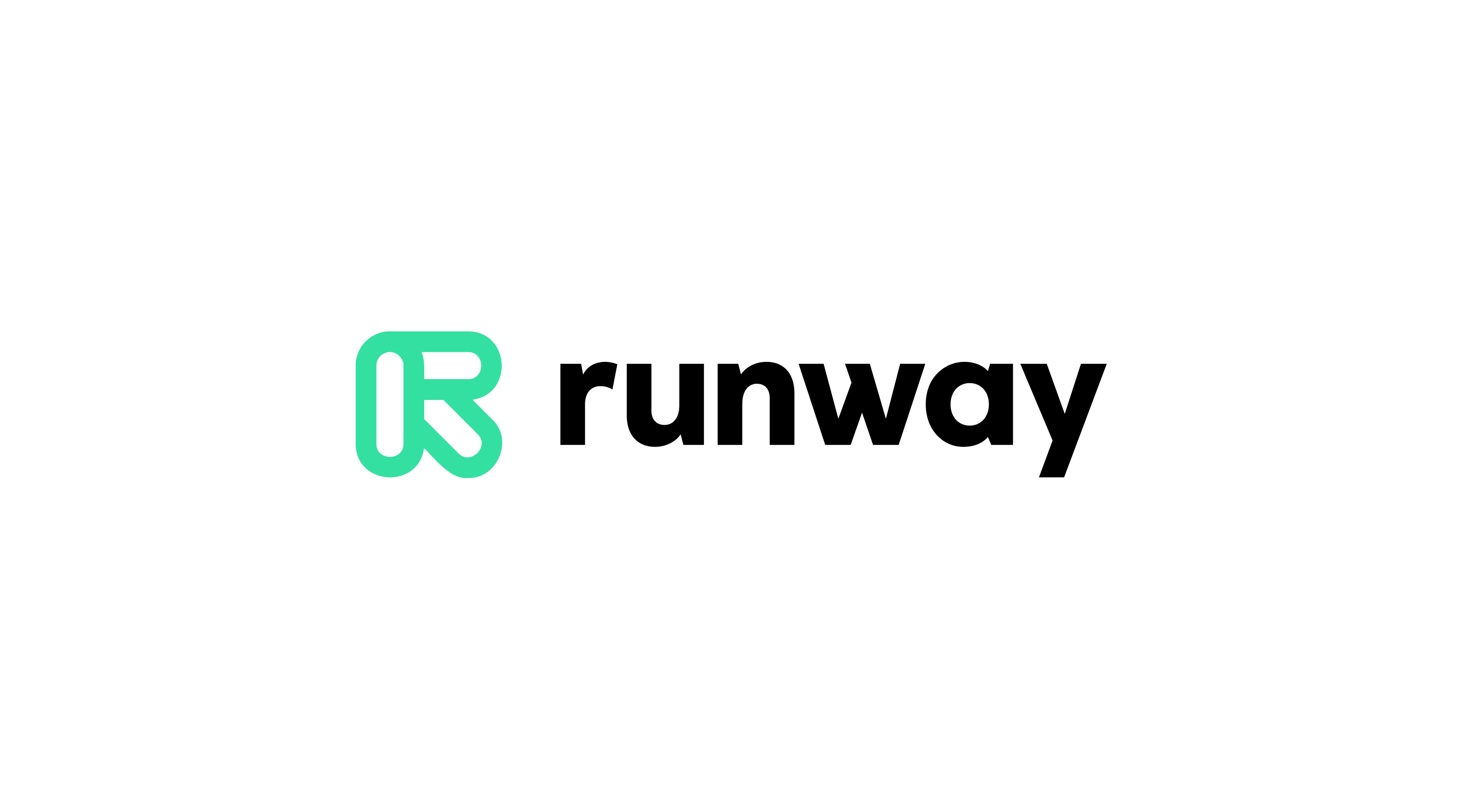
Runway AI: Runway AI is another company's focus on visual generation. Founded in 2018, it has raised 95.5 million dollars to build the next generation of generative AI tools. Apart from image generation and image editing, Runway also provides a series of tools that work on videos, making text-to-video generation possible. Runway charge each user on a subscription basis from 12 to 28 dollars. Each user will get access to all tools once they subscribe.
Runway AI is also the original author of the paper on Stable Diffusion: High-Resolution Image Synthesis with Latent Diffusion Models.

NovelAI: NovelAI is a platform for AI-assisted novel writing and anime art image generation. Founded in 2021, it is the leading company for AI-powered anime arts. Its storytelling service is GPT3-powered, while its anime art generation service uses its own diffusion model trained on a bunch of anime paintings. The pricing for a subscription to NovelAI ranges from 10 dollars to 25 dollars per month.

Midjourney: Although founded the latest in 2022, Midjourney has perhaps the best image generation model so far. Similar to Stability AI, it is also focusing on prompt-based image generation. However, its model is close-sourced.
Midjourney has a subscription price ranging from 10 to 60 dollars per month. The image generation model is currently only accessible through a Discord bot on their official Discord server, by direct messaging the bot, or by inviting the bot to a third-party server. It has nearly 1 million subscribed users. Its founder, David Holz, claimed that the company is already profitable.
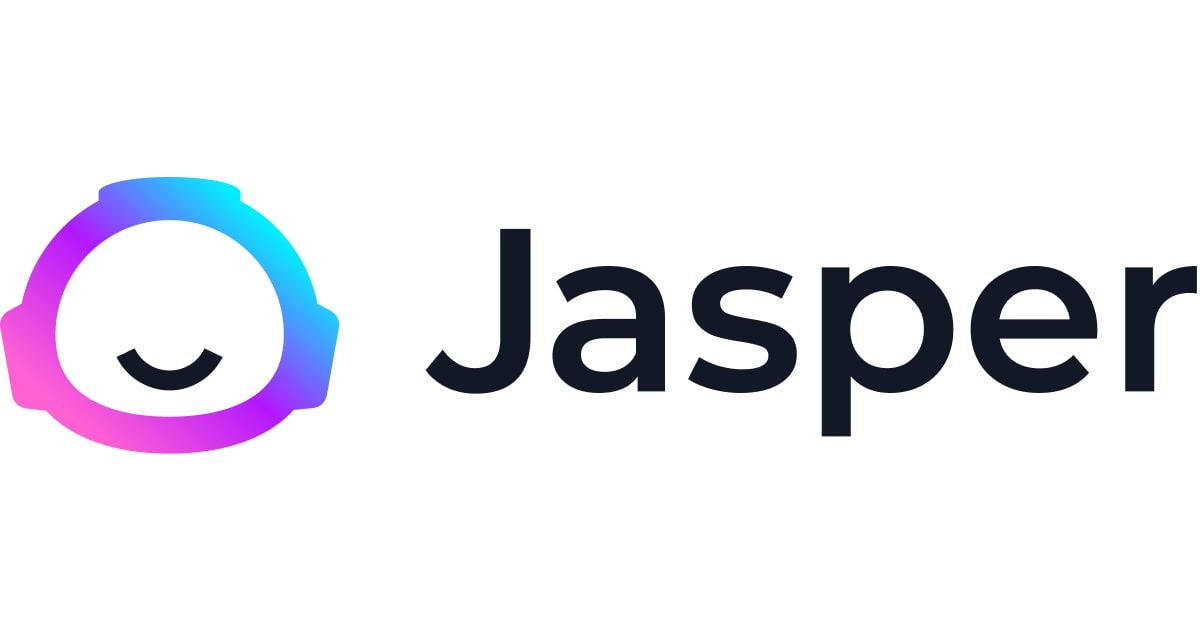
Jasper: Founded in 2021, Jasper has raised a total funding of 131 million dollars. It is a start-up focusing on text content generation, powered by GPT-3 model. Its target customers range from business writing like advertisements, emails, and websites, to individual content creators who want to generate blogs and posts in a faster way. Different from ChatGPT, Jasper has customized content generation heads for different types of tasks, providing more flexibility.
Jasper's subscription ranges from 42 to 80 dollars per month. It also has a to-business plan which charges the enterprises a customized number. In 2022, it achieved 40 million in revenue from about 100000 users, including companies like IBM and Airbnb.
Regie.ai: Regie.ai is another company that focuses on GPT-3 powered text generation. Founded in 2020, it has raised a total amount of 20.8 million dollars. Its target customers are business sales and outreach teams who want to practice their text workflows. Personalized characters are created to produce a practice environment that is close to reality. Its to-C subscription ranges from 29 to 89 dollars per month, and its to-B collaboration charges a customized number. Currently, AT&T and Crunchbase are using their products.

Character.ai: Character.ai is founded in 2021 by one of the original authors of the ground-breaking paper “Attention is all you need”, Noam Shazeer. It provides conversational AI chatbots where users could chat with some well-known characters, including famous people like Elon Musk and fictional characters like Ganyu. Its current free version has 100 million monthly site visits, and it is planning to charge users on a subscription basis. It is notable that Character.ai uses its own training model instead of the GPT series.
The total funding amount of Character.ai is 150 million.
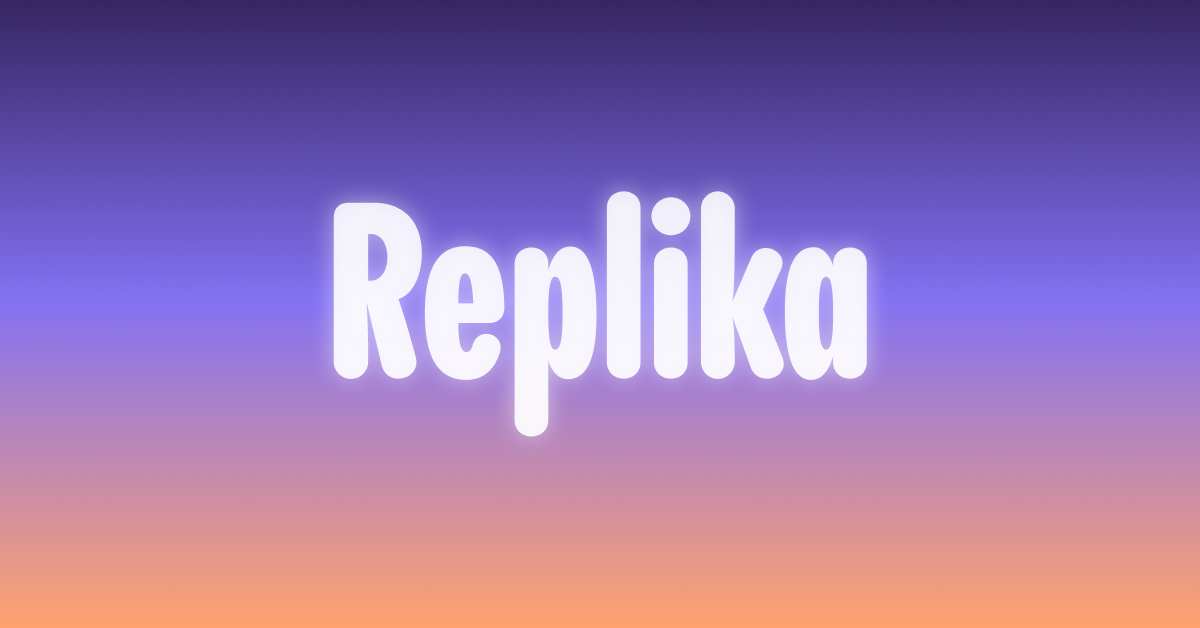
Replika: Replika is another chatbot company that aims for providing emotional support to its users. Launched in 2017, Replika allowed users to create their own customized AI avatar and then have free-flowing text conversations back and forth with it like one would with a friend. Replika claims that it has 2 million total users, of whom 250,000 are paying subscribers. It charges its users 7.99 dollars per month.
The total funding amount of Luka (Replika's parent company) is 10.9 million.
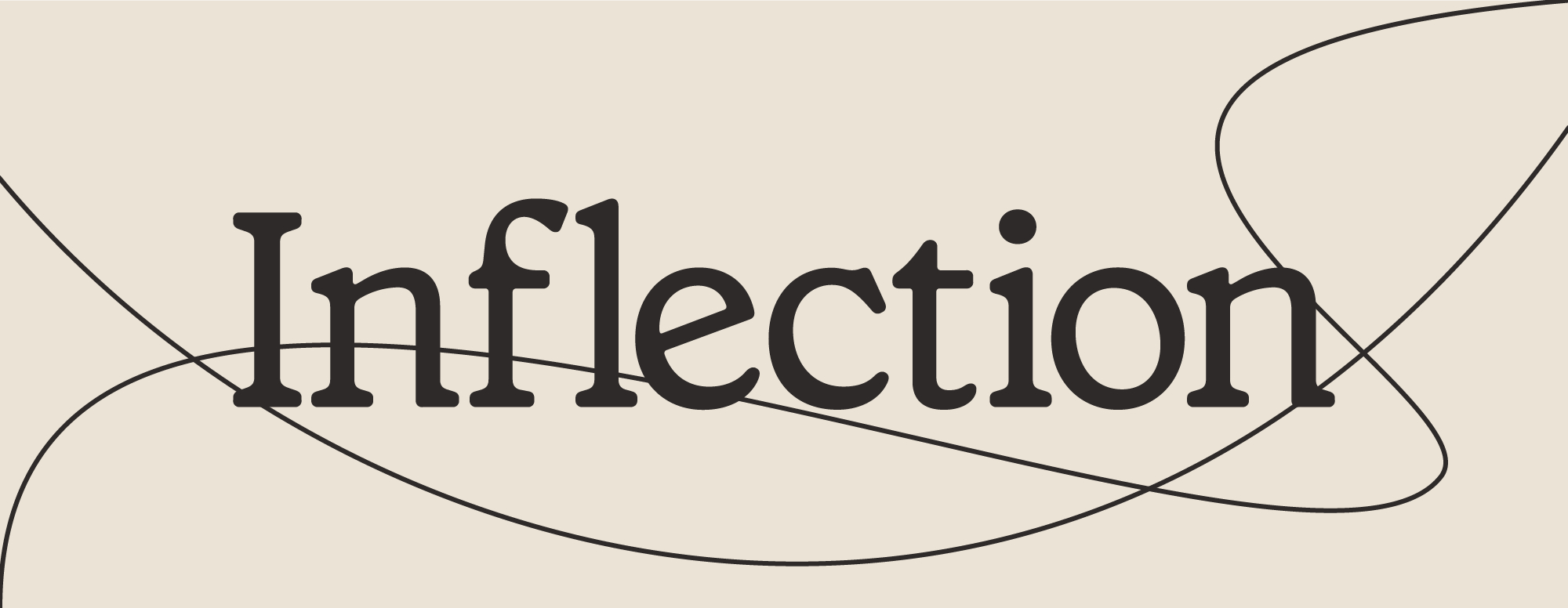
Inflection AI: Inflection AI is an AI studio that creates personal AIs. It was founded in early 2022 by Mustafa Suleyman and Karén Simonyan, both AI experts from Deepmind, and Reid Hoffman, one of the most famous venture capitalists from silicon valley. Inflection AI's mission is to make personal AIs available to everyone in the world.
In May 2023, Inflection AI launched Pi, its first personal AI. Pi is designed to be a kind and supportive companion, offering friendly advice and information in a natural, flowing style. Pi is still under development, but it can already do a variety of things, including helping you with your creative projects, such as writing, brainstorming, or problem-solving; being a sounding board for your thoughts and ideas; helping you organize your life and stay on track. It has opened free pilot conversations in Instagram, WhatsApp, iMessage, and Facebook Messengers.
It has raised a 1.5 billion total funding, the highest among all AIGC startups.
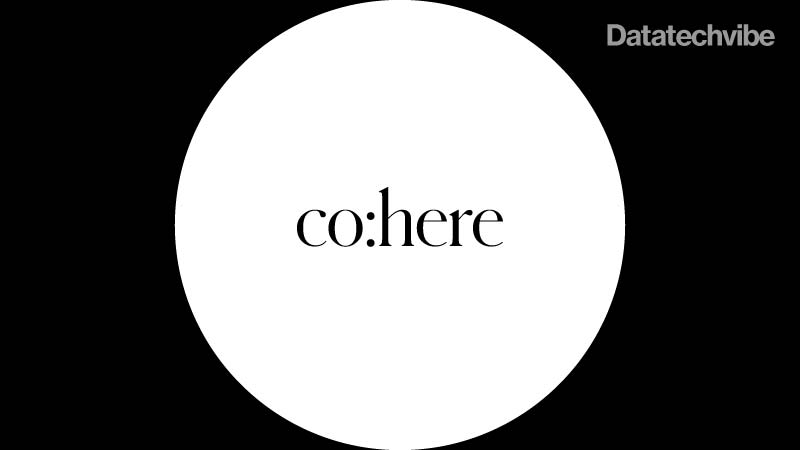
Cohere: Founded in 2019, Cohere is one of the few AIGC companies which are considered to be rivals of OpenAI. Cohere's founders include Aidan Gomez, another original author of “Attention is all you need”, and it has raised 164.9 million dollars. Not only does it have its own large language models, but it is also strongly supported by Google. Google Cloud helps power Cohere's platform using its robust infrastructure, and Cloud's TPUs are used by Cohere to develop and deploy its products.
Cohere's NLP models have a variety of use cases, including code generation, chatbot, and business writing. It charges individual users 0.001 dollars for each embedding to be trained in a customized way, and it also provides to-B solutions for different enterprises.
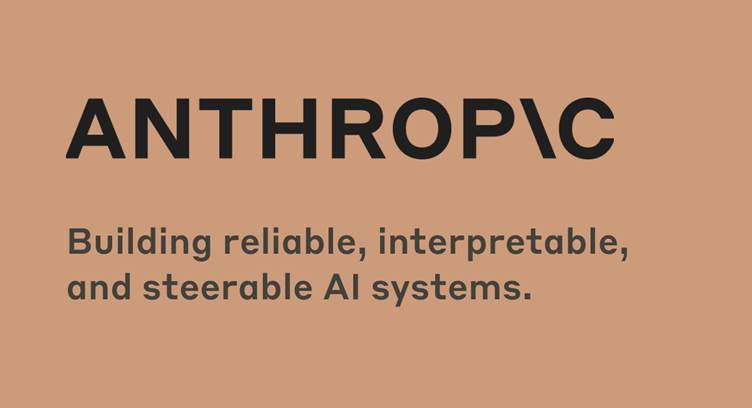
Anthropic: Another artificial intelligence startup that could be considered to be a rival of OpenAI, Anthropic was founded in 2021 by a group of authors of GPT-3, including Dario Amodei. It is also heavily supported by Google, with a 1.3 billion total funding (the second highest among all AIGC startups). Compare to Cohere, Anthropic has a more ambitious vision that focuses on general artificial intelligence.
In March 2023, Anthropic released Claude, a chatbot similar to ChatGPT powered by its own large language models. So far, this is the first ChatGPT rival released by start-up companies. Initially available in closed beta through a Slack integration, Claude is now accessible to users via the Poe app by Quora along with two other chatbots. The app is currently available for iOS and will soon be available for Android.
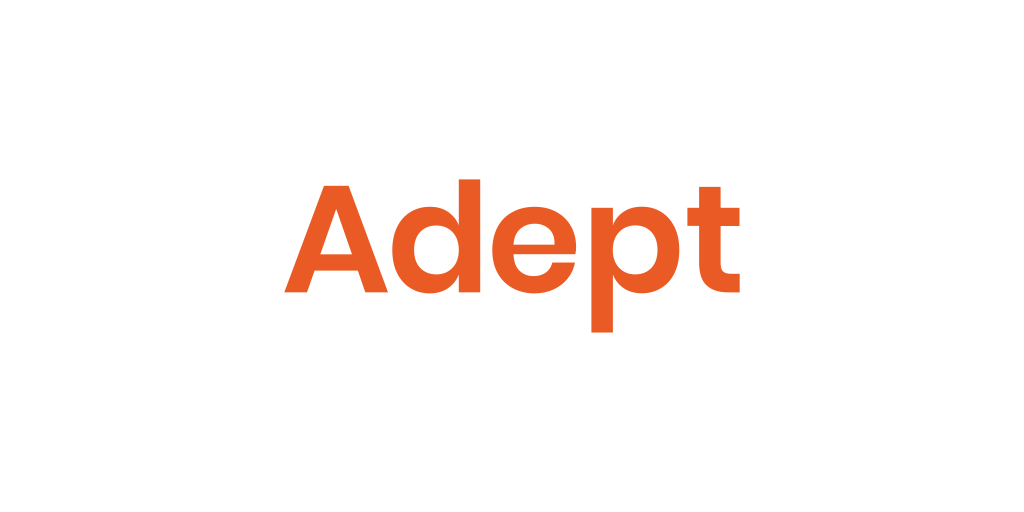
Adept AI: Similar to Anthropic, Adept AI is also founded by one of the ex-OpenAI members - David Luan, former Engineering VP of OpenAI. His cofounders Ashish Vaswani and Niki Parmar co-authored the Google research paper which invented the famous transformer architecture. Adept's goal is to build AI that can automate any software process. The company's flagship product is Action Transformer (ACT-1), a large language model that can understand and follow natural language instructions. It is designed and trained specifically for taking actions on computers in response to natural language commands. ACT-1 can be used to automate a wide range of tasks, such as data entry, customer service, and software development.
Adept AI is still in the developing stage, but the company has the potential to revolutionize how we interact with computers. In total, it has raised about $415 million in funding.

Notion AI: Notion AI is a platform focusing on office-related text generation. For example, it could schedule meetings, fill up tables, summarize documents, etc. Founded in 2013 (even before OpenAI), Notion has raised a total fund of 343.2 million. Notion AI is backed by investment groups like Sequoia Capital and Coatue Management.
It has a monthly price of 10 dollars per month, making it a much cheaper alternative to Microsoft GPT-powered office tools. It has a total number of 20 million users.

Storytell.ai: Founded in 2022, this text-generation start-up aims for helping people to better gather information and interact with text content. Storytell.ai use both ChatGPT and a proprietary Mercury v1 algorithm to distill valuable moments from the noise of everyday life. It finds and categorizes these valuable moments into related concepts, which are then displayed in Story Tiles. Each Story Tile has a condensed summary and main takeaways and can be easily shared with others. Storytell.ai is currently in beta and is available to a limited number of users.
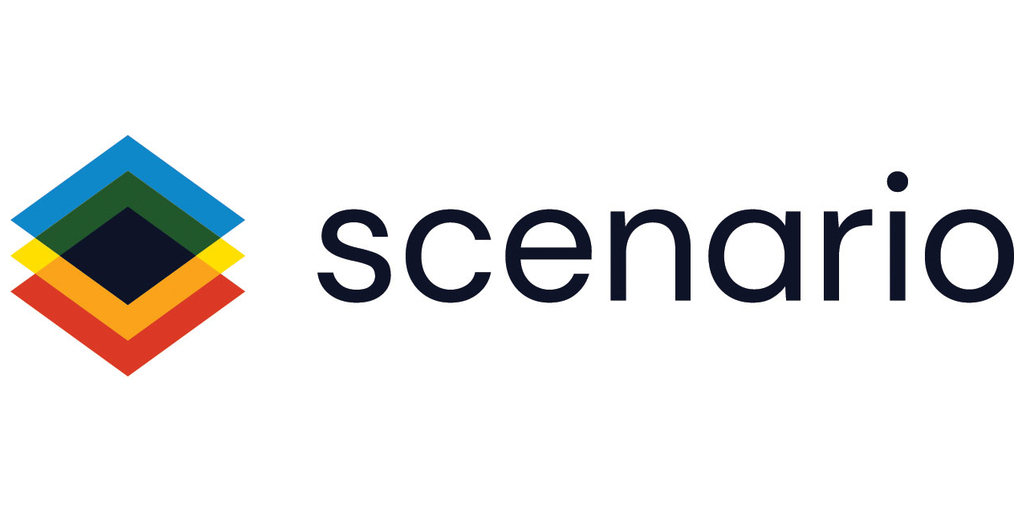
Scenario: Scenario is an AI company that develops generative AI engines for game developers. The company's flagship product, the Scenario GenAI Engine, allows developers to create high-quality, style-consistent 2D/3D assets for their games. It also allows users to train on their customized datasets. Founded in 2021, it has raised more than 6 million dollars.
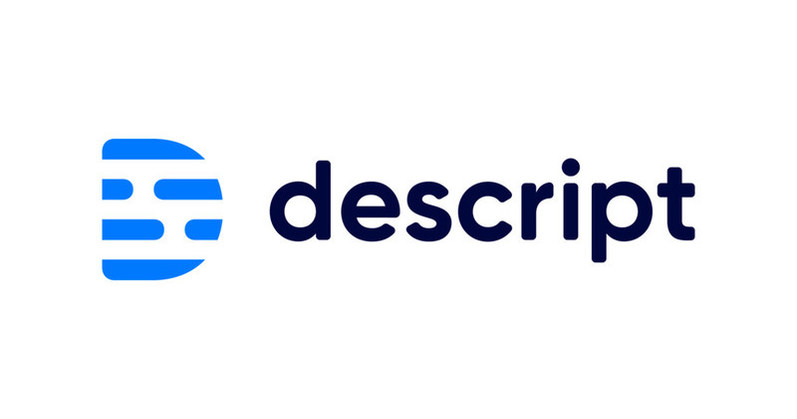
Descript: Descript is the most well-known AI-powered audio content generation company. It is also entering the market of video editing in the past few years. Founded in 2017 by former Groupon CEO Andrew Mason, it has raised a total funding of 100 million. OpenAI's “Startup Fund” is one of its key investors.
Descript Studio is used by a variety of creators, including podcasters, YouTubers, and filmmakers. The platform has been praised for its ease of use and powerful AI features. Its to-C subscription price ranges from 12 to 24 dollars while its to-B partners include Stanford and New York Times.
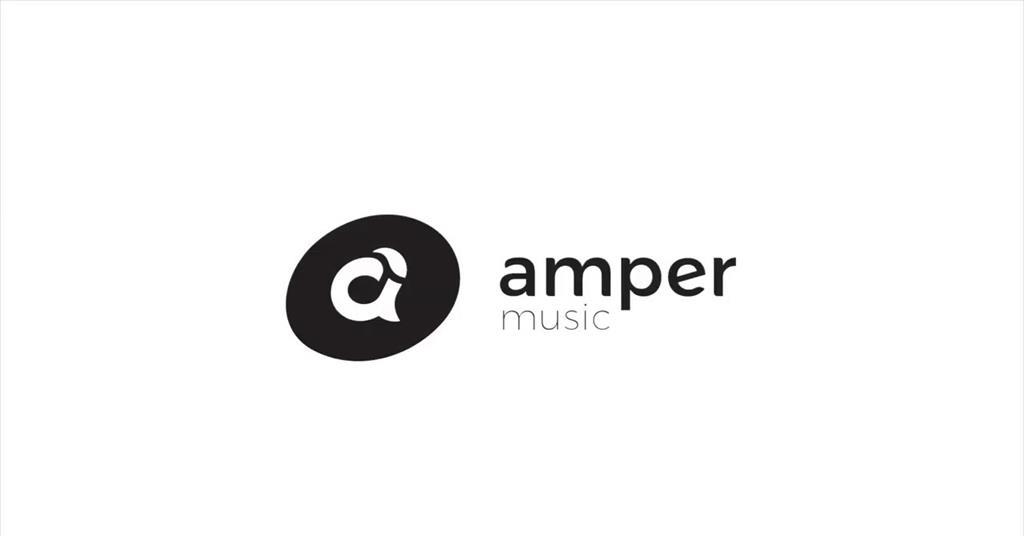
Amper Music: Amper Music is an AI-powered music generation company that creates custom music for brands, filmmakers, and other creatives. The company's technology can generate music in a variety of genres and styles, and it can also be customized to match the specific needs of a project. It has a total fundraising of 9.1 million us dollars.
It is now acquired by Shutterstock.
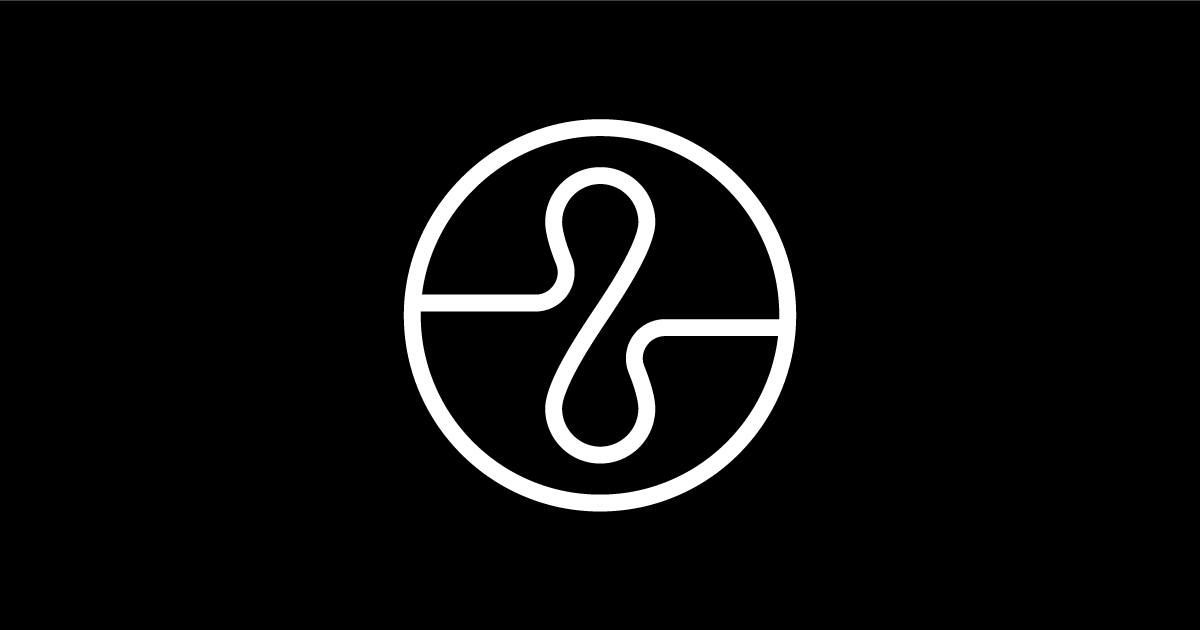
Endel: Founded in 2018, Endel is a generative music app that creates personalized sound environments to match user activities. The app provides preset modes for relaxation, focus, sleep, and walking, and reacts to the time of the day, weather, heart rate, and location to create unique compositions. Endel has more than 1 million monthly active users and over 1.5 million monthly listening hours. Its monthly subscription price is 14.99 us dollars.
Currently, Endel has raised 21.2 million us dollars.
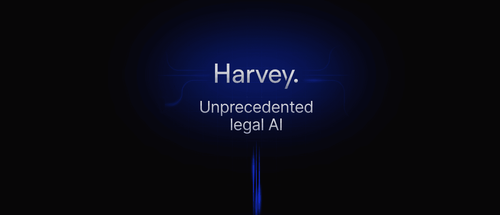
Harvey: Recently after the release of GPT-4, there is a group of domain-specific text generation start-ups emerging from the ground. Many of them are founded by experts from a professional domain (e.g., law, education, consulting, translation, software). They usually have some existing downstream user interaction datasets, which could be shared with OpenAI to build their customized text generation model.
Harvey is an example of those start-ups. It is also invested by OpenAI's startup fund. Harvey aims for improving the efficiency of legal services by providing legal text generation for lawyers so that they don't have to search documents manually. A size of less than 10 people, it has already raised 26 million us dollars.
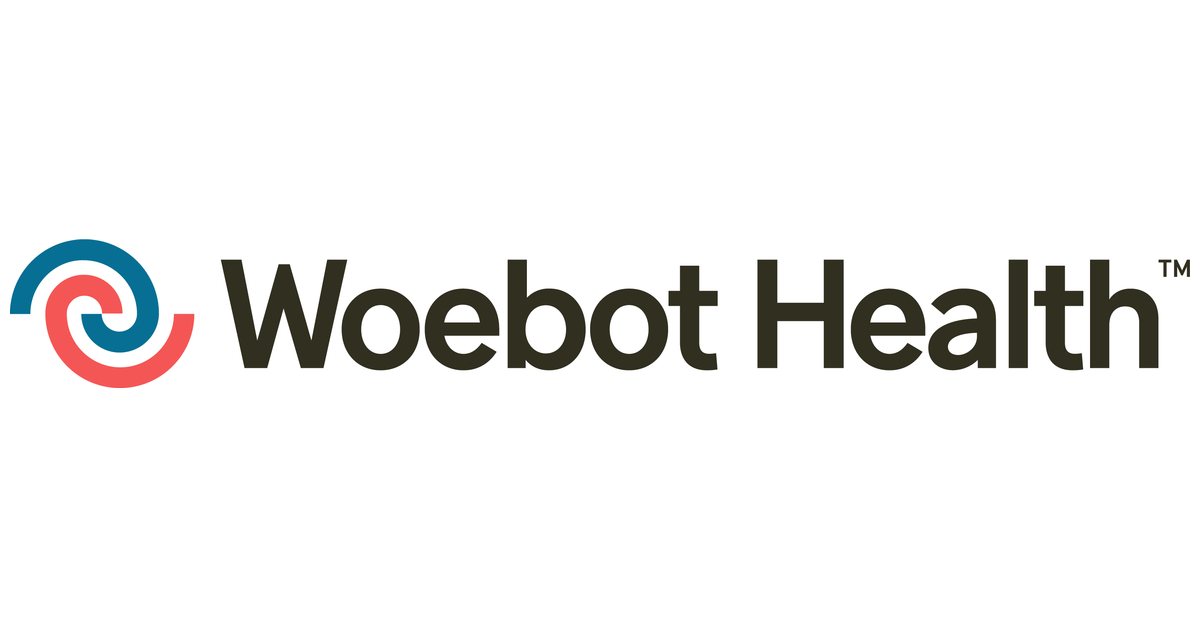
Woebot Health: Woebot Health is a company that develops AI-powered therapeutic solutions for mental health. The company's flagship product is Woebot, a chatbot that uses cognitive behavioral therapy (CBT) techniques to help users manage stress, anxiety, and depression. Woebot is available for free on the App Store and Google Play. It has a total funding amount of 123.3 million.
Woebot Health was founded by Dr. Alison Darcy, a clinical research psychologist at Stanford University. It has been clinically validated in a number of studies. In one study, Woebot was shown to be as effective as a traditional CBT intervention for reducing anxiety and depression in college students. Given the abundant funding amount, Woebot does not charge users for its services currently.
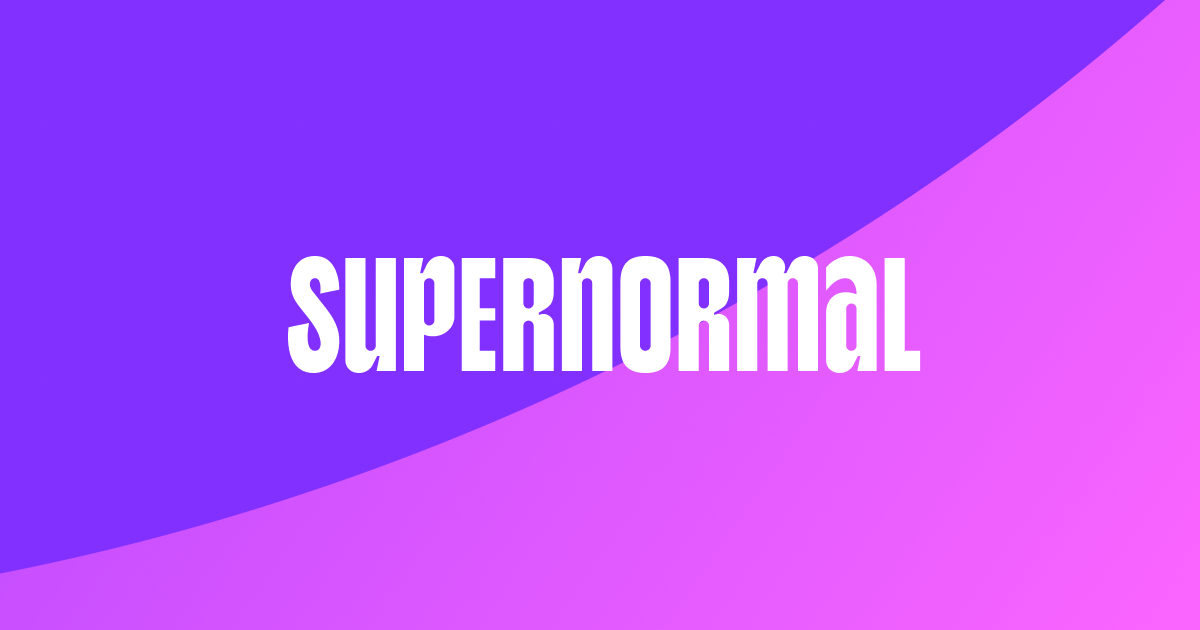
Supernormal: Supernormal is an AI platform that writes your meeting notes. It employs OpenAI's GPT-3 large language model to summarize and annotate conversations and presentations as they happen. Now it already has more than 50,000 regular users, using Supernormal's Chrome extension in summarizing their meeting content on Google Meet, Zoom & Teams. The Supernormal pro charges users 49 dollars per month.
It total funding about is 12 million.

Otter.ai: Another company focusing on meeting notes summarization, Otter.ai has a total funding of 63 million. It is founded in 2016, much earlier than most of its rivals. The company's core competitive technology is its cutting-edge algorithms that are able to transcribe speech text with high accuracy, even in noisy environments.
Recently, its Pro plan price goes down from $16.99 to $8.33 per month. The Enterprise plan is available for custom pricing, and it includes features such as single sign-on, organization-wide deployment, and more. Otter.ai has 100 million daily users.
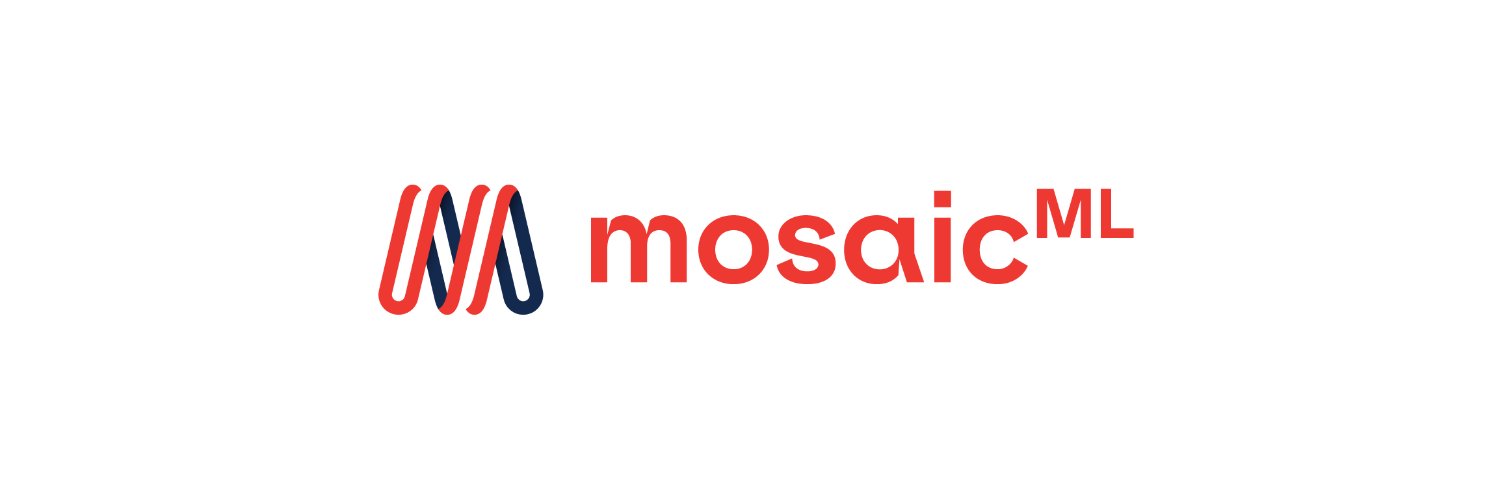
MosaicML: MosaicML is a company that develops infrastructure for training large language models. The company's platform is designed to make it easier and faster to train large language models, such as ChatGPT, LaMDA, and Stable Diffusion. It has a total funding of 37 million.
It is now acquired by Databricks at a price of 130 million, and becoming the highest-priced acquisition of AIGC companies so far.
Although AI-generated content is still in its early stages of development, it can potentially revolutionize how we create and consume content. As AI technology continues to improve, we can expect to see even more innovative and creative uses of AI-generated content in the years to come.